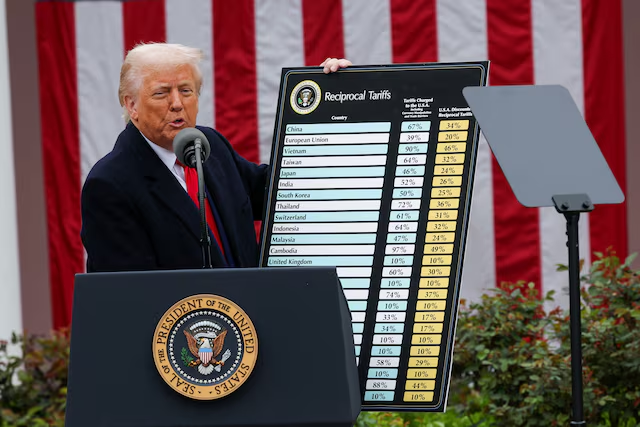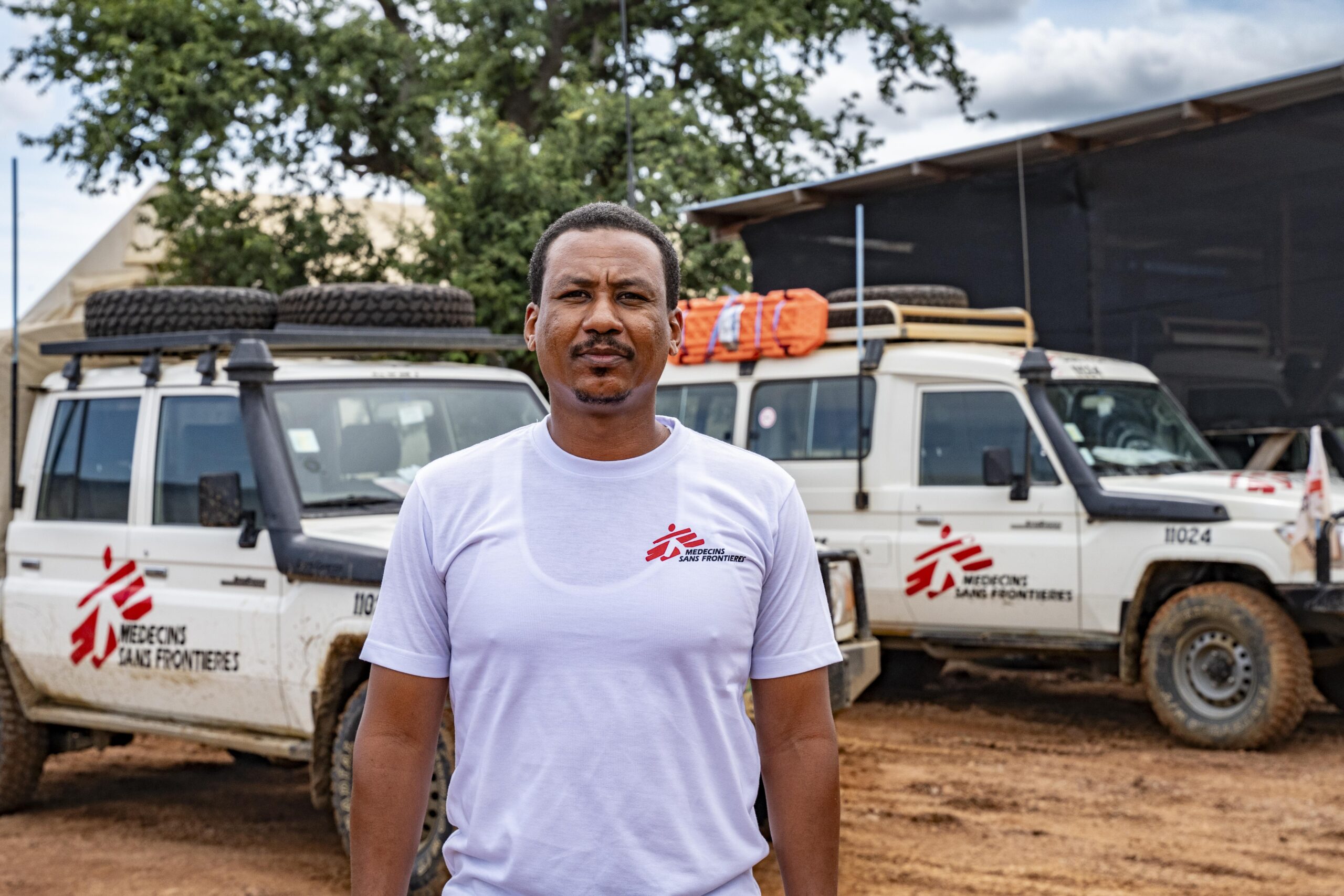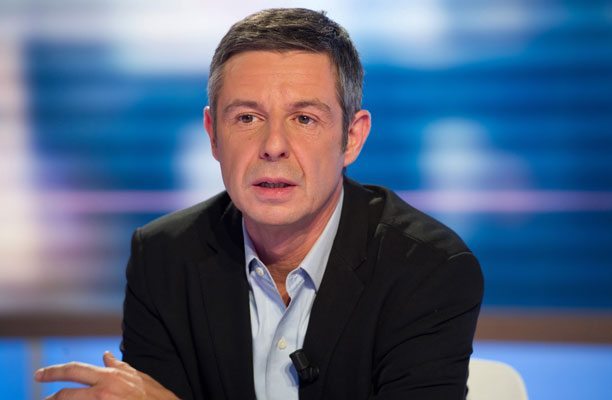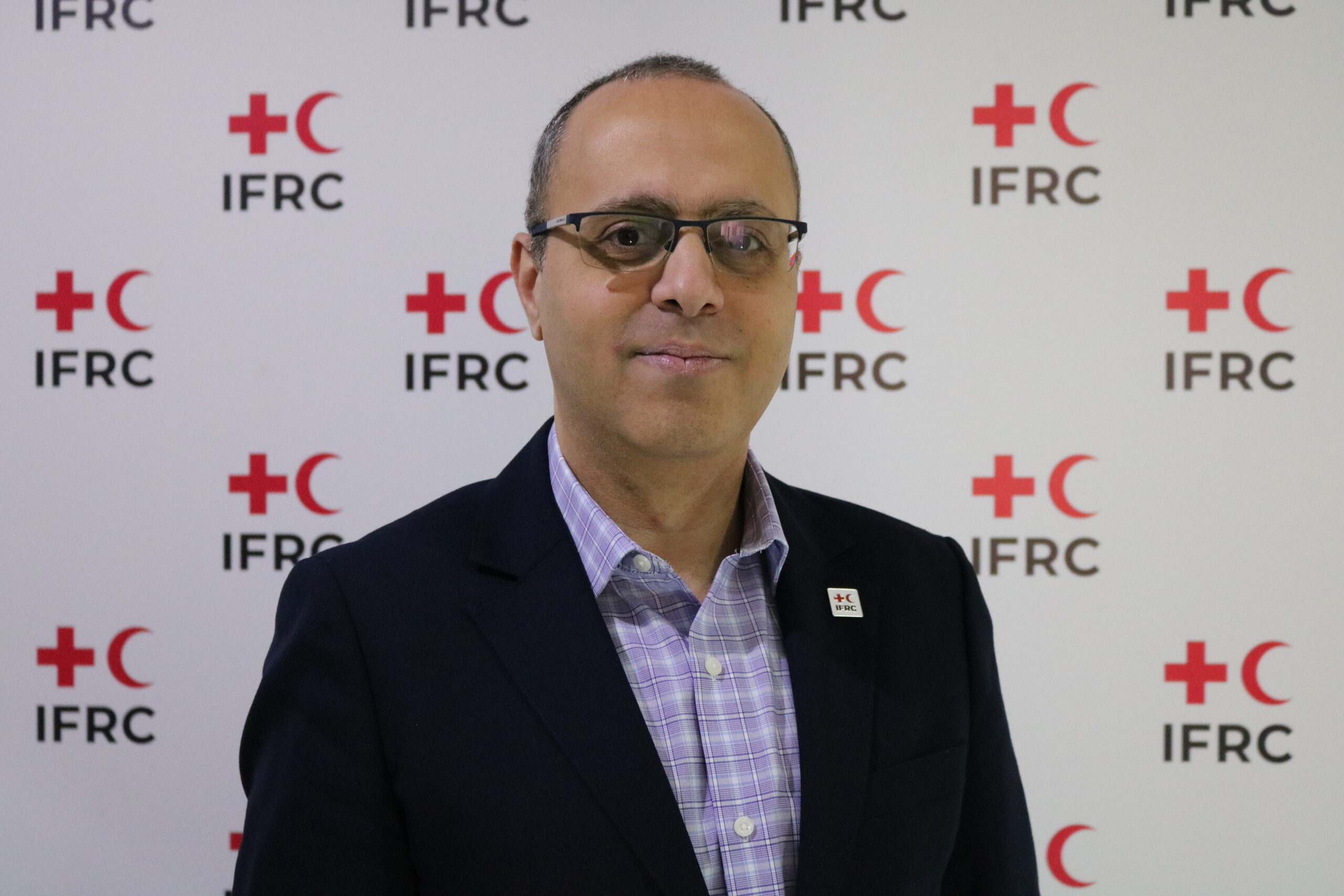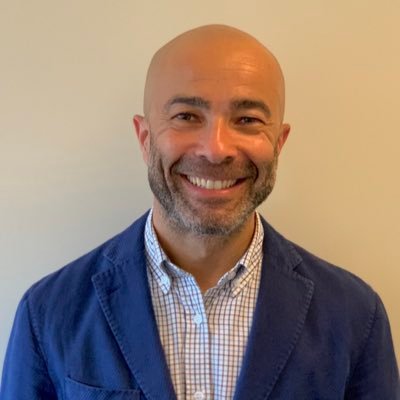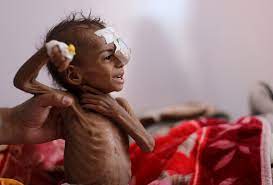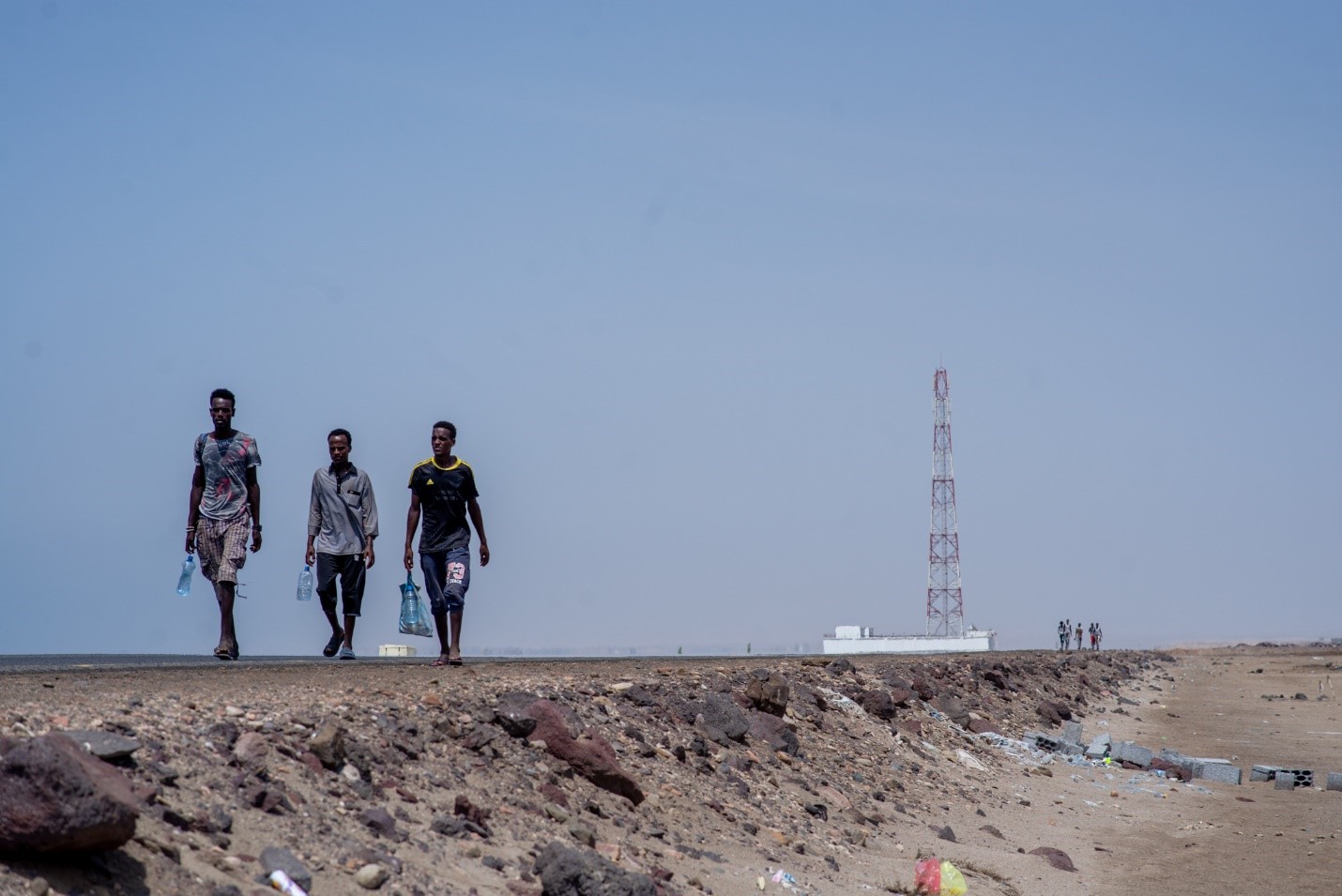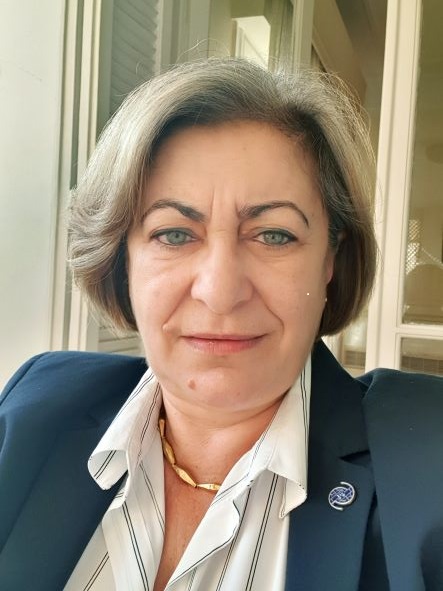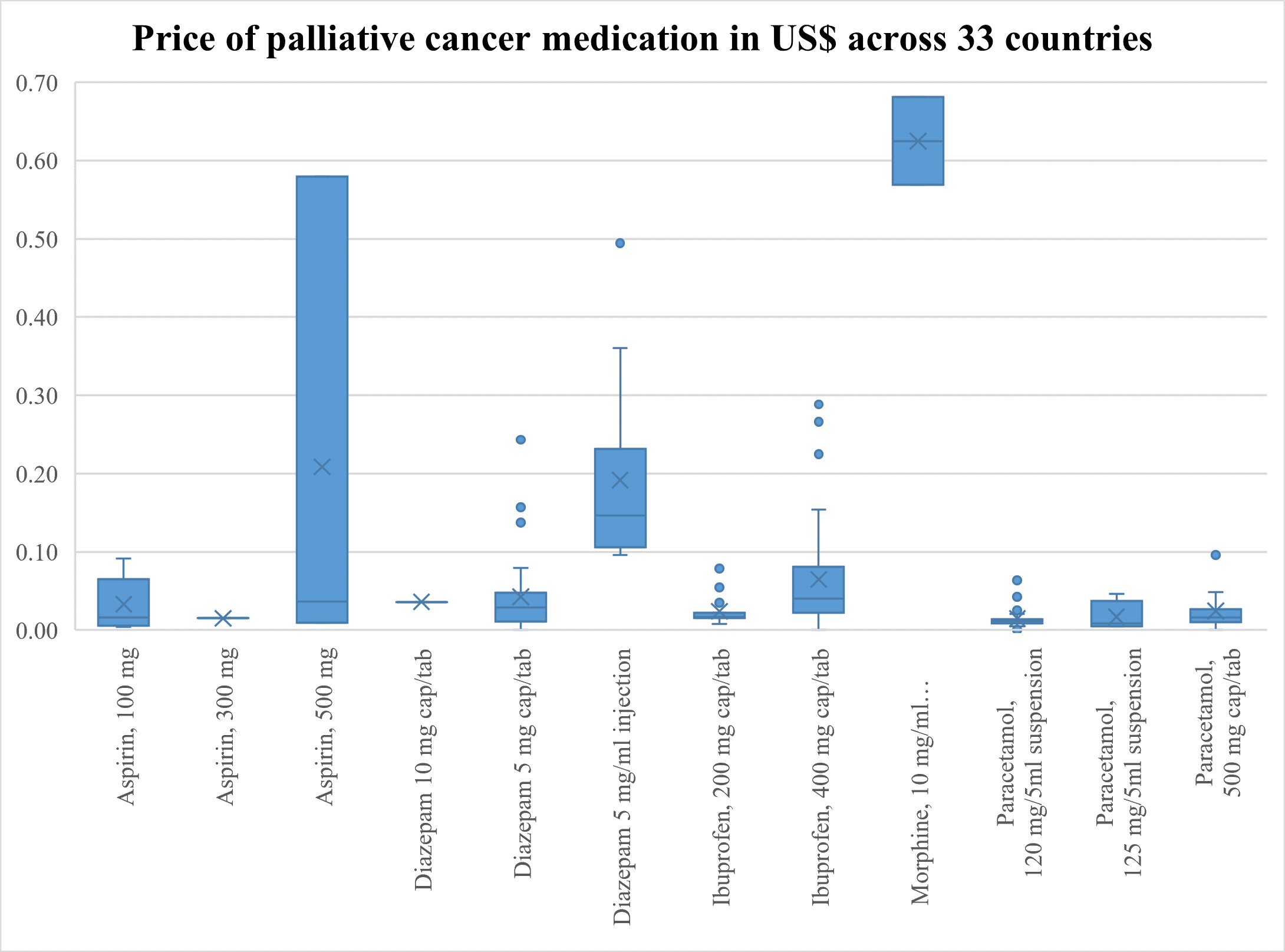Police brutality in Botswana: why it persists
In April 2020, Castro Mmele, a recovering paraplegic, drove his truck to a government hospital in Selebi Phikwe, a small mining town in Eastern Botswana. The trip was one of his regular hospital visits for medical check-ups.
On the way, Mmele, with his two minor children seated at the back of the truck, was stopped by members of the Botswana Defence Force (BDF) and the Botswana Police who were enforcing Covid-19 lockdown regulations.
The police demanded to see his movement permit which he did not have at the time. This seemed to infuriate the officers who did not take kindly to the fact that one would drive around without a movement permit in the midst of a pandemic. Despite the explanations Mmele gave that he had requested assistance for a special permit through the office of the District Commissioner but had to go for check-up pending the response, the military and police officers proceeded to threaten him with assault.
Fearing that he was about to get assaulted together with his children, Mmele decided to make a U-turn and drove back to his house to seek refuge, aborting his hospital visit. The military and the policemen pursued him to his house and finding him in the toilet, dragged him out naked. More than fifteen soldiers and police officers descended on Mmele punching and kicking him relentlessly, a battering which left him with a broken pelvis bone and put him back on the wheelchair he had just come out of.
Four years earlier, in April 2016 ,Mmele was involved in a horrific accident at the copper/nickel mine where he worked as a front-load operator. It was because of the mining accident that he was confined to a wheelchair followed by the subsequent frequent medical check-ups.
The brutal assault at the hands of officials who are supposed to be the protectors of the people was not only a barbarous criminal act but an infringement of his right to dignity and freedom and security of the person.
Mmele’s case is not an isolated incident. Botswana’s law enforcement agencies and their penchant for senseless brutality against ordinary citizens attracted the spotlight during the ongoing Covid-19 state of emergency. Police brutality has for years persisted unchecked, resulting in several deaths and severe injuries in detention.
Botswana lacks a vibrant and active civil society or national human rights institutions which engages in impact litigation or advocacy on behalf of victims of human rights abuses, especially. Coupled with the ‘we are above the law’ attitude by law enforcement is a society who praises police brutality either due to ignorance or a genuine belief that the police can legally do anything they want to a person under their control.
It is not uncommon to hear ordinary people in Botswana praising a police unit known as the Special Support Group (SSG) for its brutal assault and torture techniques on victims. It is also common to see police threatening or assaulting members of the public or media who take videos of them assaulting people or cunningly threatening them with charges for ‘violating the Cyber Crimes and Computer Related Crimes Act a law which contains no provisions criminalising filming the police.
The media has often singled Botswana out as an antidote for the ‘Afro-pessimist’ movement. Since Botswana attained independence from Britain in 1966, the popular narrative driven by some international organisations, media and academics has pointed at the exceptionality of Botswana as a glittering beacon of democracy that has managed to singlehandedly wriggle itself out of the shackles of poverty occasioned by the colonisers’ ‘poor parenting which left the country among the poorest in the world at independence.’
The late Kenneth Good, then a political science professor at the University of Botswana was among the first scholars to refute the overly positive outlook of Botswana labelling it as hyper-sensationalism. In 2005, Good, at the time 15 years resident in Botswana earned himself a 56-hour deportation notice by presidential decree expelling him to his native Australia for his troubles. He attempted to fight his deportation through the courts of Botswana, without success.
That Botswana has performed relatively well ‘by African standards’, whatever those standards are, is not farfetched for a country which had only seven kilometres of tarred road at independence. However, many of those who sing praise songs about Botswana as ‘an economic overachiever despite being a victim of colonial neglect’ appear to be oblivious to the socio-political dynamics within the country: the near absence of a human rights culture and the absence of a strong institutional framework consisting of strong checks and balances, a weak parliament, the stifling of freedom of speech, a population terrified of the government and largely unaware or unwilling to engage robustly on issues pertaining to human rights and holding the political leadership accountable.
It is anomalous and grotesque that victims of police brutality are forced to report police brutality to the often-acquiescent police commissioner or the police who often sweep cases under the carpet, intimidate victims or as in the case of Mmele, institute trumped-up charges against the victim for ‘resisting arrest.’ These acts are deliberately tailored to frustrate victims or discourage them from pressing ahead with cases against the police. In the rare event that token prosecutions of police officers take place, they always reek of a staged show of justice. The accused either walk free due to deliberately shoddy investigations by their colleagues or, if convicted, get a presidential pardon.
The cases of John Kalafatis and Italy Setlampoloka who both tragically died at the hands of Botswana’s security just over a decade ago are examples of the institutionalisation of police brutality compounded by impunity and the absence of functional human rights mechanisms.
In 2020 and for the first time ever, the President of Botswana, Mokgweetsi Masisi, made a feeble attempt at condemning police brutality after pictures of people maimed by the police under the pretext of enforcing the lockdown regulations appeared on social media. It is possible that the president either condemned police brutality in good faith or merely as a diplomatic gesture after the United Nations raised concerns about the heavy handedness of some countries in their enforcement of lockdown regulations.
However, it is not a presidential verbal condemnation which proves commitment to fighting flagrant human rights abuses. It is the establishment of strong oversight institutions with sufficient safeguards for their independence which can move Botswana towards a fully-fledged democracy.
Edwin Makwati is a researcher at the Legal Resources Centre in Johannesburg.


